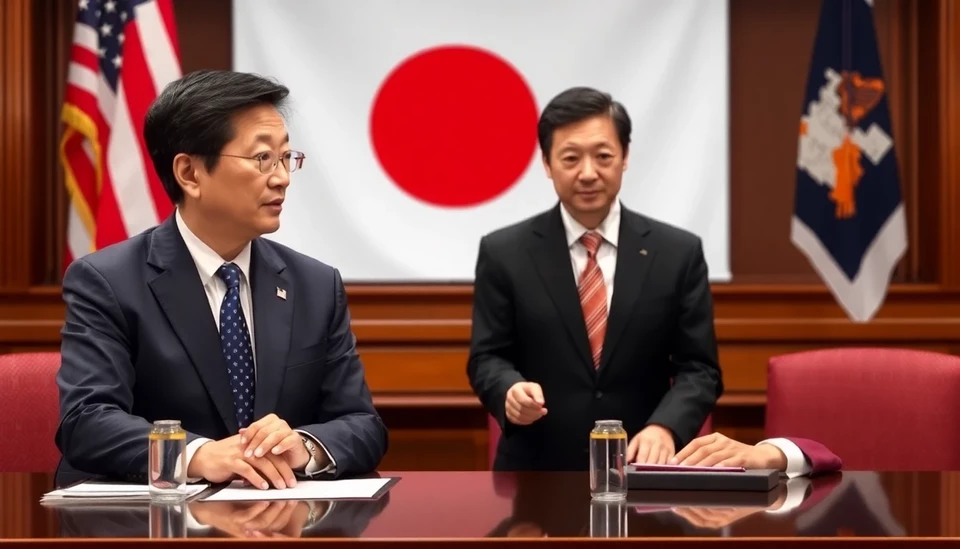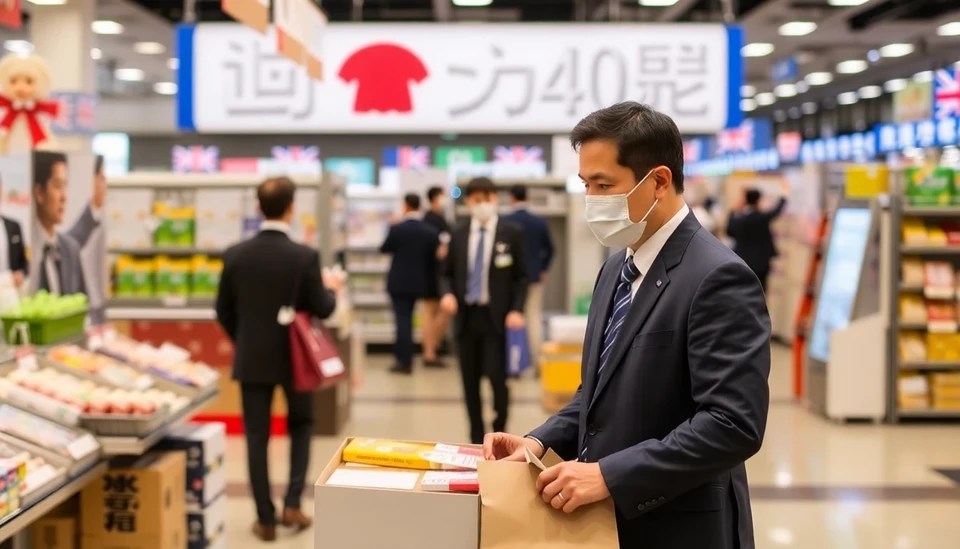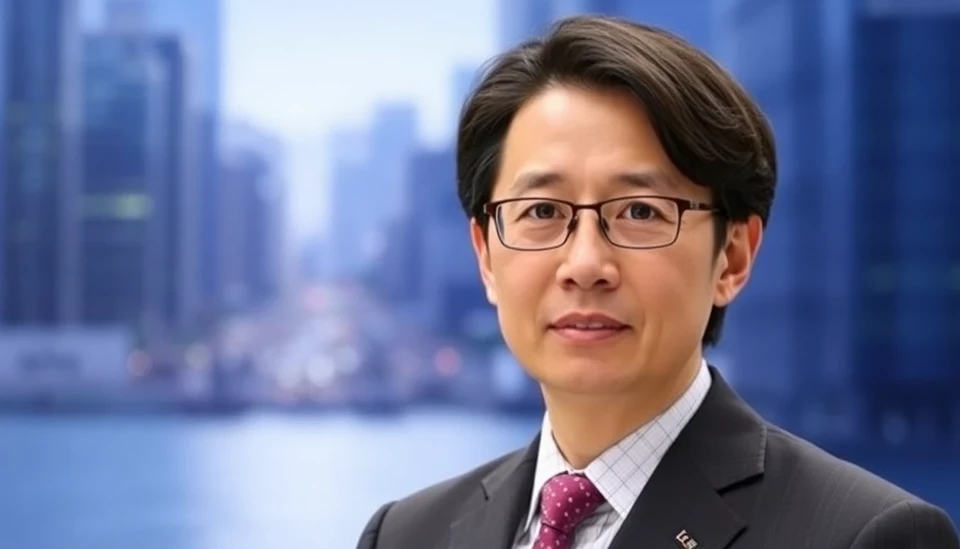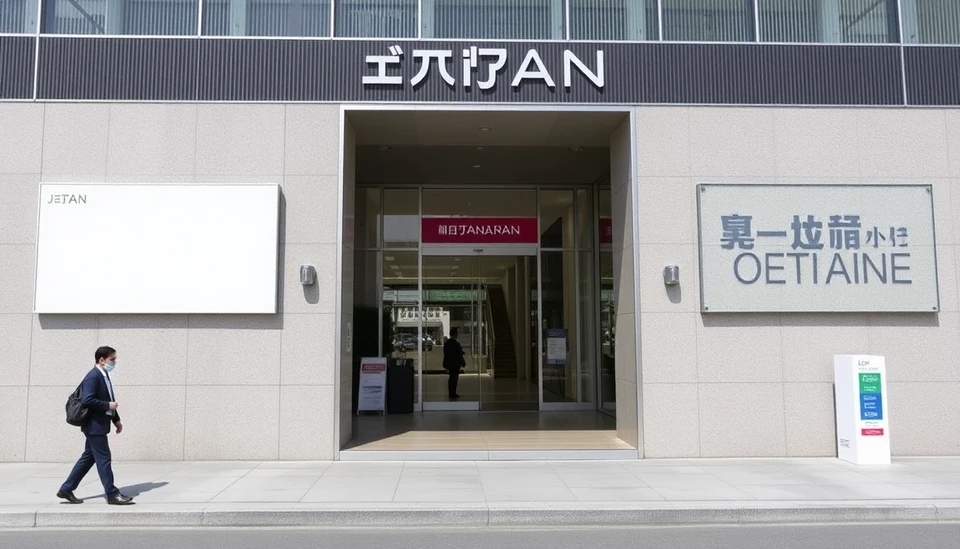
In a significant diplomatic move, Japanese officials are expressing urgency in reaching a preliminary agreement with the United States concerning trade tariffs. This development is largely influenced by a recent downturn in the Tokyo stock market, which has raised alarms about the overall economic stability in Japan. The calls for an early deal come as both nations acknowledge the complexities surrounding tariff negotiations that could impact their bilateral trade relations.
As Japan's economy shows signs of vulnerability, officials are pushing for a resolution that would mitigate the uncertainty currently plaguing investors. The Japanese stock market experienced a noticeable decline, prompting anxiety over the potential long-term effects of unresolved tariff discussions. Traders and financial analysts are closely monitoring these discussions, as any lack of agreement could lead to further destabilization of market conditions.
Interest in this agreement is escalating, particularly among Japanese exporters who are heavily reliant on fair trade practices with the United States. These exporters face not only tariffs but also the looming threat of increased competition from other countries. Officials have urged that an early deal would provide much-needed relief and foster a more conducive trading environment.
Furthermore, the talks are part of a broader strategy to reinforce economic ties with the U.S., especially as both nations navigate an increasingly complex global market. Japan's leadership sees this negotiation as a vital step toward strengthening its position in international trade, especially in the wake of experiments with supply chain restructuring and shifts in consumer preferences worldwide.
The urgency stems from a combination of economic factors, including fluctuations in market sentiment and pressures on the yen, which has seen volatility due to global economic conditions. Analysts believe that reaching a tariff agreement could help stabilize the currency and bolster investor confidence, ultimately leading to a more robust economic landscape for Japan.
As these discussions unfold, both nations are preparing for potential roadblocks. The complexity of tariffs, combined with shifting political agendas and external influences, makes this negotiation a challenging endeavor. Nonetheless, Japanese officials remain optimistic about securing an early agreement that would pave the way for better economic harmony between the two nations.
In summary, as Japan seeks a timely resolution regarding trade tariffs with the United States, the focus remains squarely on stabilizing market conditions and reinforcing economic ties. The outcome of these negotiations could play a crucial role in shaping the future of Japan's economy and its position in the global market.
#Japan #USTariffs #TradeNegotiations #StockMarket #Economy #FinancialStability
Author: Laura Mitchell




